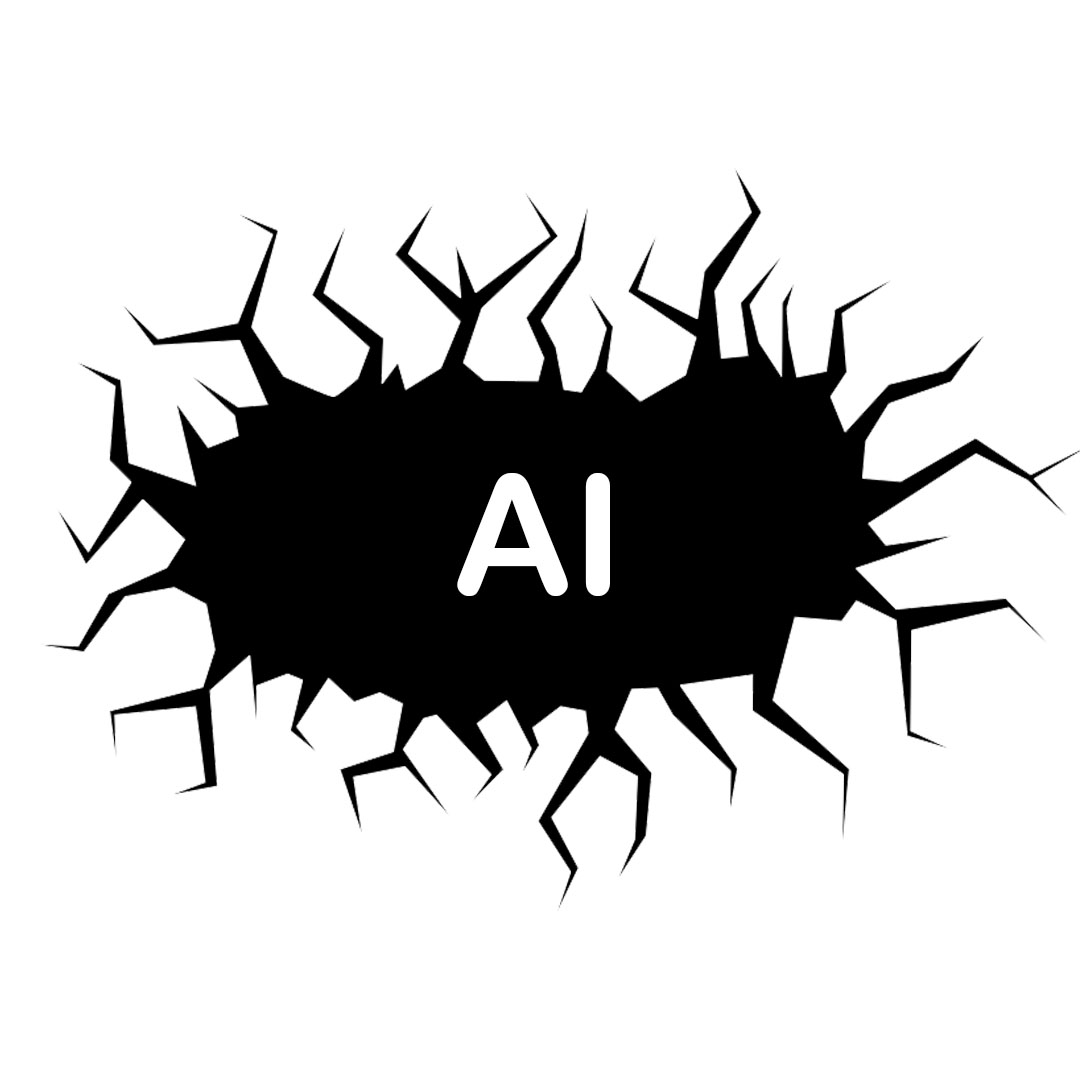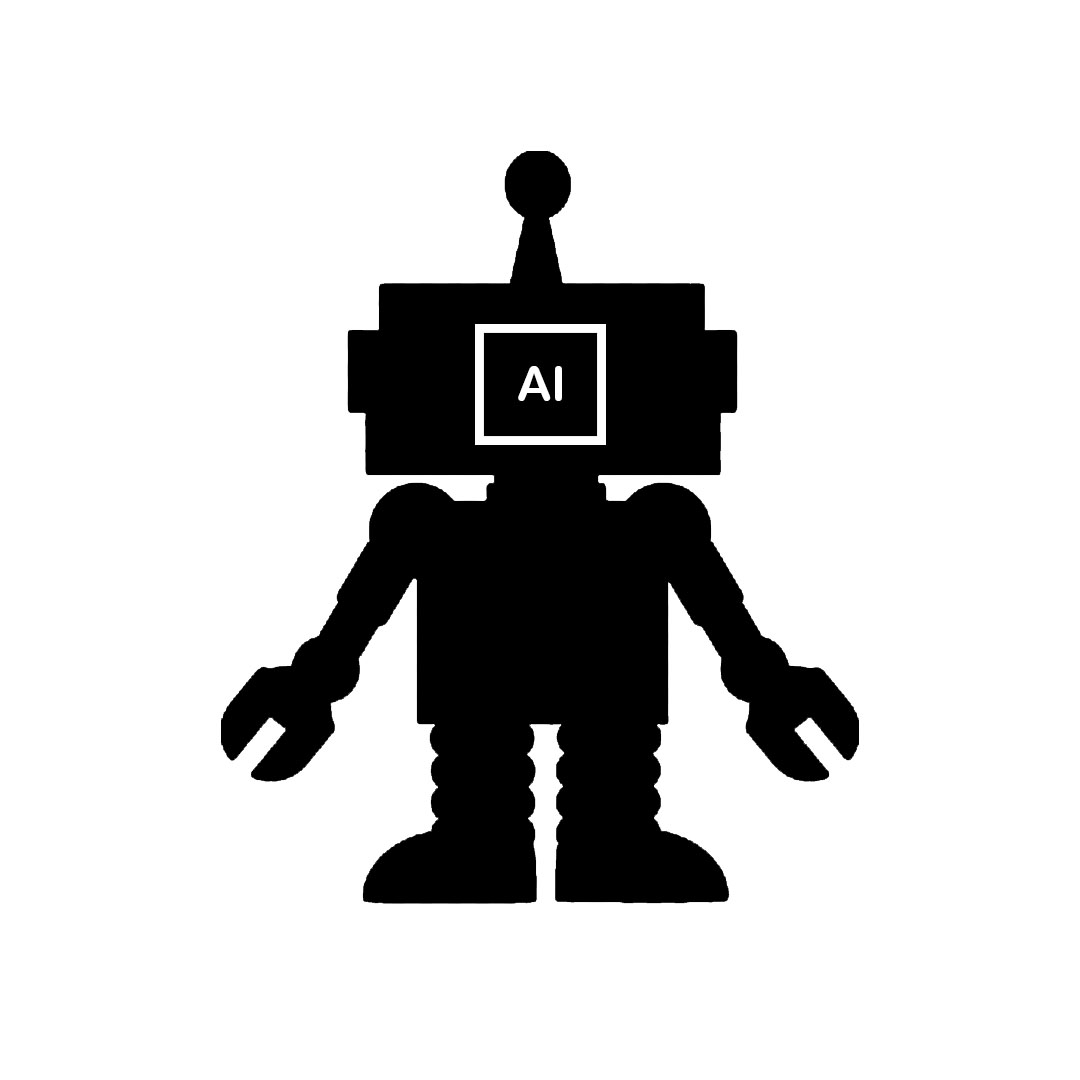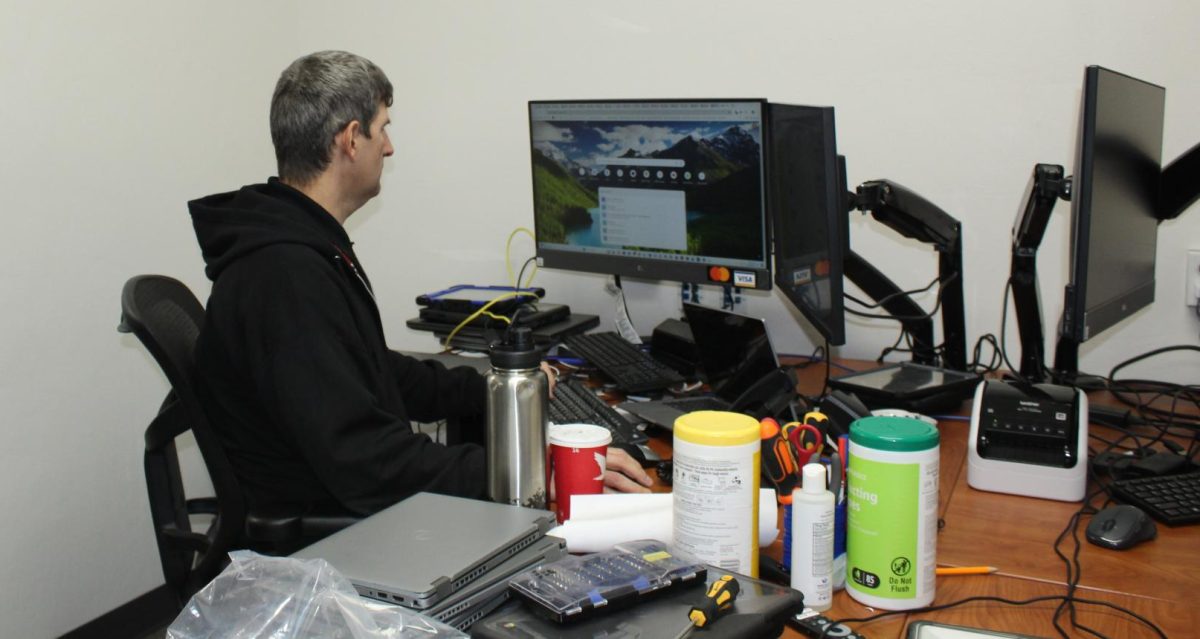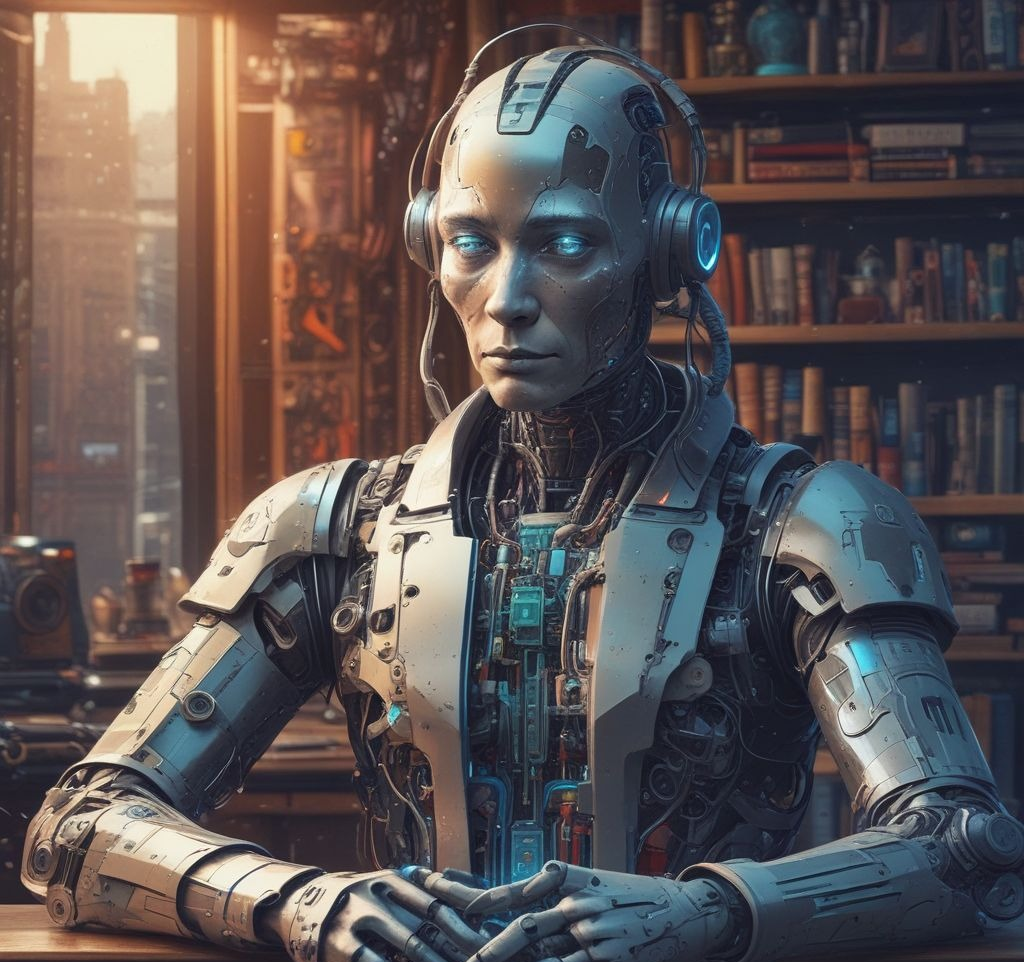Artificial Intelligence (AI) is one of the most exciting technologies of our time. It powers everything from voice assistants to medical research. But as AI becomes more advanced, many experts are also sounding the alarm: while AI offers many benefits, it also brings serious risks and challenges.
Here are some of the main disadvantages of AI and why it’s important to use it responsibly.
1.
Job Loss and Unemployment
One of the biggest concerns is that AI could replace human workers in many industries. Machines don’t need sleep, breaks, or salaries, and they can often do repetitive tasks more quickly and accurately than people.
Examples: Self-checkout machines replacing cashiers, automated chatbots replacing customer service agents, or delivery drones replacing drivers.
While AI can create new jobs too, there’s a risk that many workers especially in low-skill roles could be left behind without the right training or support.
2.
Privacy and Surveillance
AI systems rely heavily on data to learn and make decisions. But in some cases, they gather more personal information than people realize including online habits, location, and even voice or facial features.
Examples: AI-powered cameras tracking people in public spaces, apps collecting data without full transparency, or algorithms predicting personal behavior.
This raises serious privacy concerns, especially when users don’t know how their data is being used or who has access to it.
3.
Bias and Discrimination
AI is only as good as the data it’s trained on and if that data contains bias, the AI will reflect it.
Examples: Facial recognition systems that perform poorly on people with darker skin tones, hiring algorithms that favor certain genders or backgrounds, or loan approval systems that disadvantage minority groups.
If not carefully designed and tested, AI can unintentionally amplify social inequalities.
4.
Dependence on Technology
As AI becomes more capable, people may become too dependent on machines for thinking, decision-making, or problem-solving.
Example: Students using AI to write essays without learning the material themselves, or workers relying on AI tools without understanding how they work.
This can weaken critical thinking and reduce human skill development over time.
5.
Security Risks
AI can be used by cybercriminals and hackers to carry out more sophisticated attacks.
Examples: AI-generated fake videos (deepfakes) that spread misinformation, AI systems that guess passwords faster than any human, or autonomous drones used in military conflicts.
The more powerful AI becomes, the more dangerous it can be if used with bad intentions.
6.
Lack of Accountability
If an AI system makes a mistake like misdiagnosing a patient, causing an accident, or denying someone a job, who is responsible?
The developer?
The company?
The machine?
This lack of clear accountability makes it difficult to seek justice or correct errors, especially as AI systems grow more complex









